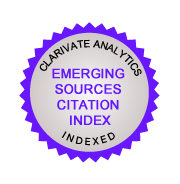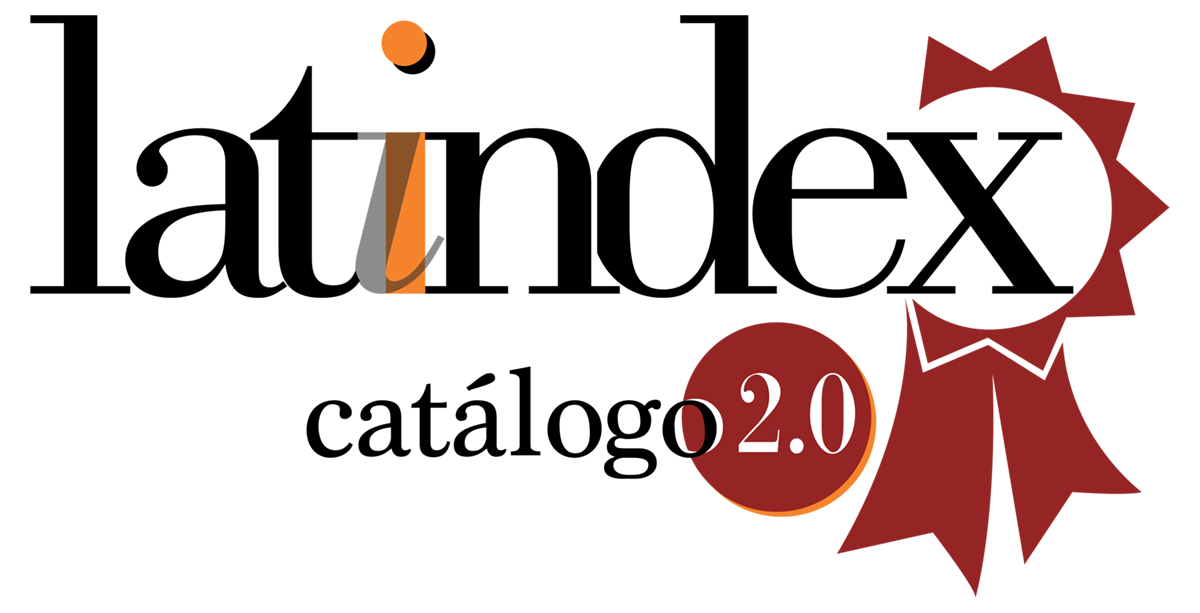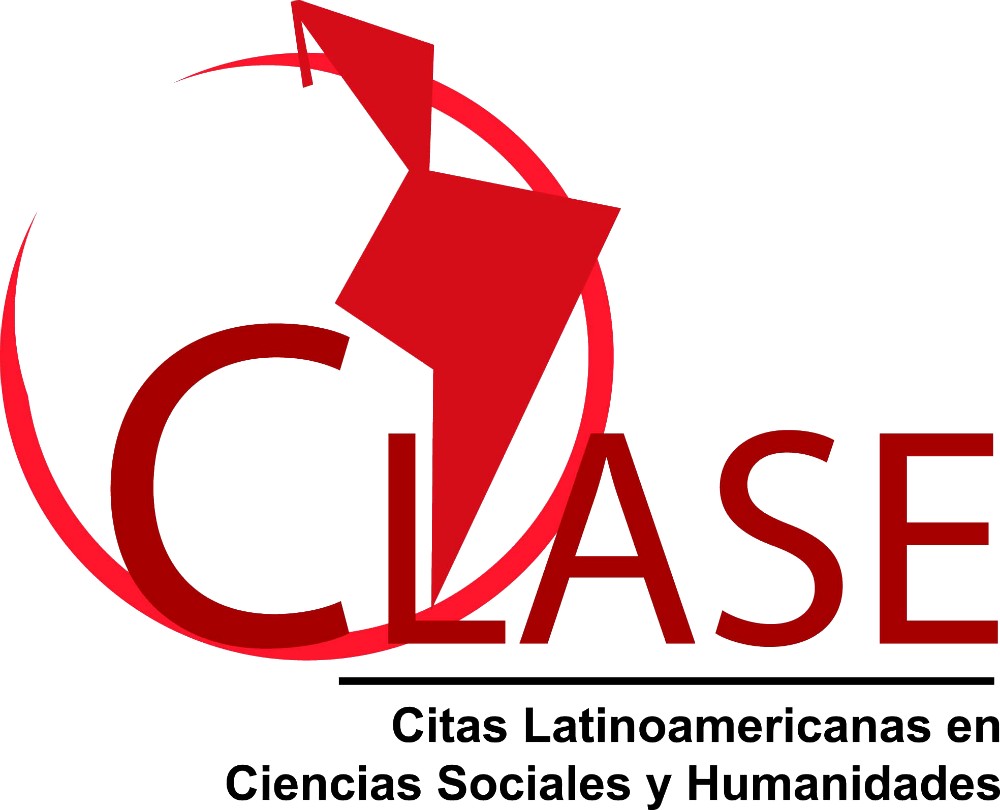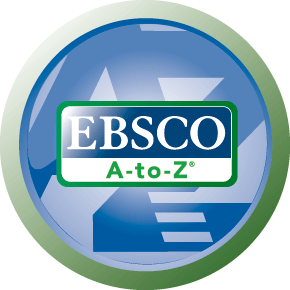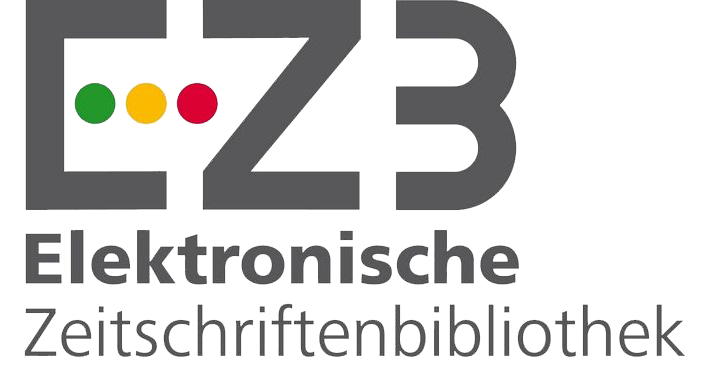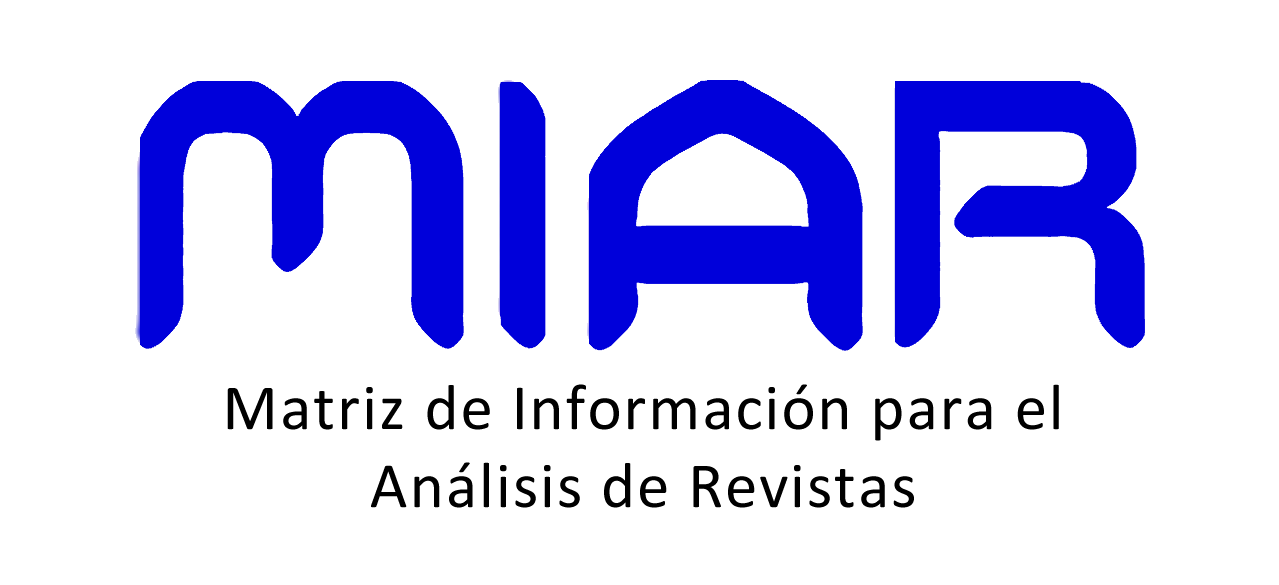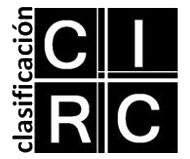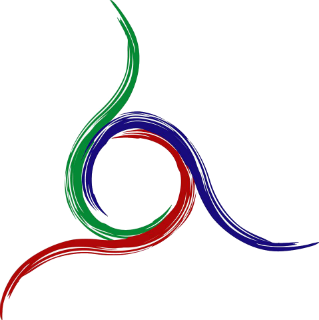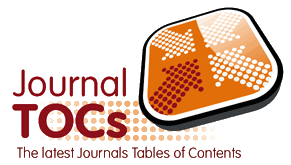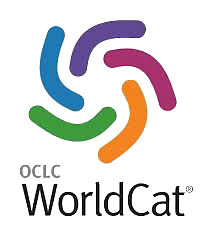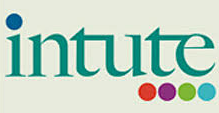Purposes and functions of television in the digital age based on an analysis of peruvian television
DOI:
https://doi.org/10.24215/16696581e129Abstract
The discussion about the purposes and functions of television continues its course in the world of convergence, because in addition to being still the most tuned means of communication -after the radio-, when it becomes digital, it has involved changes in habits of use that demand greater clarity regarding its role inserted in the daily life of millions of consumers.
This approach, of descriptive scope and qualitative approach according to the analytical deductive method, tries to make a contribution on the television situation in terms of its functions: entertain and inform, as well as in terms of its educational purpose that has always been inexhaustible controversies, from the case of peruvian television.
Thus, after a review of the contents proposed by open-signal television, the crisis that television is experiencing in general due to insufficient quality and between the genres of entertainment and information is evident, which entails, as a consequence, an inattention to purposes as transcendental as that of orienting or, even more, that of educating. With all this, digital television is presented as the new alternative that ponders the media rather than as an informative, entertainment.
Downloads
Downloads
Published
How to Cite
Issue
Section
License
La aceptación de un original por parte de la revista implica la cesión no exclusiva de los derechos patrimoniales de los/as autores/as en favor del editor, quien permite la reutilización, luego de su edición (postprint), bajo una Licencia Creative Commons Atribución-NoComercial-CompartirIgual 4.0 Internacional (CC BY-NC-SA 4.0)
Acorde a estos términos, el material se puede compartir (copiar y redistribuir en cualquier medio o formato) y adaptar (remezclar, transformar y crear a partir del material otra obra), siempre que a) se cite la autoría y la fuente original de su publicación (revista y URL de la obra), b) no se use para fines comerciales y c) se mantengan los mismos términos de la licencia.
La cesión de derechos no exclusivos implica que luego de su edición (postprint) en Question las/os autoras/es pueden publicar su trabajo en cualquier idioma, medio y formato; en tales casos, se solicita que se consigne que el material fue publicado originalmente en esta revista.
Tal cesión supone, también, la autorización de los/as autores/as para que el trabajo sea cosechado por SEDICI, el repositorio institucional de la Universidad Nacional de La Plata, y sea difundido en las bases de datos que el equipo editorial considere adecuadas para incrementar la visibilidad de la publicación y de sus autores/as.
Asimismo, la revista incentiva a las/os autoras/es para que luego de su publicación en Question depositen sus producciones en otros repositorios institucionales y temáticos, bajo el principio de que ofrecer a la sociedad la producción científica y académica sin restricciones contribuye a un mayor intercambio del conocimiento global.






